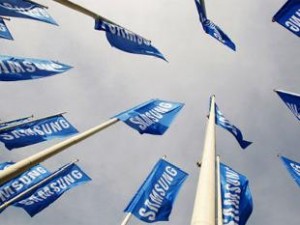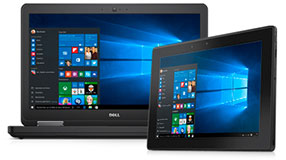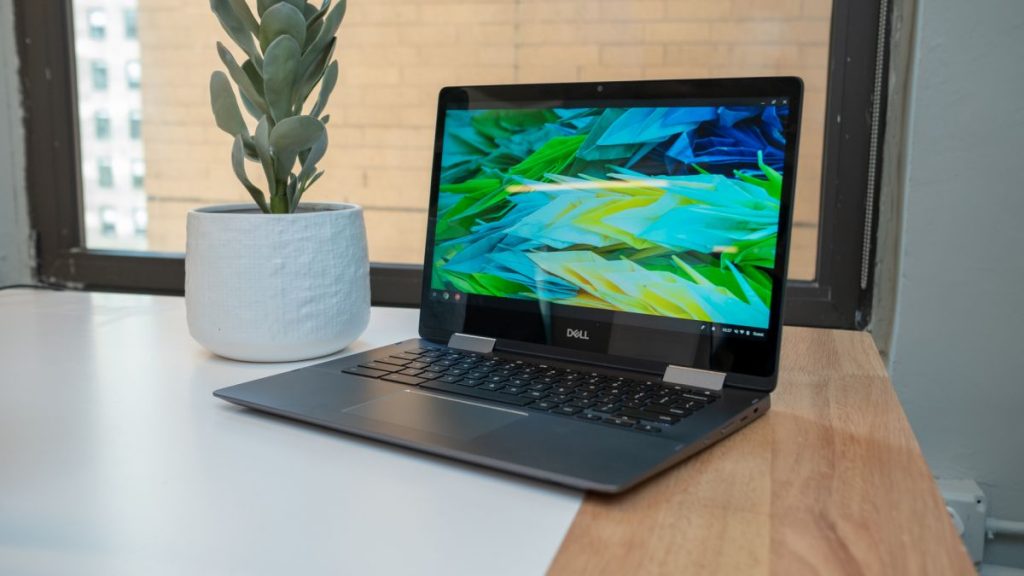

While seven years in technology seems like an eternity, the complex process of employing the standards in which 5G can be made possible takes time. Samsung claims mobile systems will be able to transmit data hundreds of times faster than current 4G networks. According to Samsung, they have developed “the world's first adaptive array transceiver”, using 64 antenna elements, capable of transmitting data at speeds more than 1,000 Mbps per second and up to 2 kilometers in distance. However, researchers were quick to express their reservations regarding the 5G 'breakthrough'.
Shahram Niri, director of the 5G Innovation Centre at Centre for Communications Systems Research (CCSR), recently addressed the concept that there has been no standard for 5G agreed upon. Although technology is being improved vastly in many areas, there are more elements concerned than what Samsung's claim has touched on, which has merely addressed capabilities relating to antenna's ability to attain a higher data rate.


Along with the entire ecosystem required to achieve the 5G era, another reason to hold-your-horses, excitement wise, is that with great power comes great responsibilities. In this case, the reference refers to higher speeds creating overcrowded connections. Although it undeniably goes without saying, Matt Peckham from Time Magazine stated “The faster you make mobile communication technology, the more likely people are to use it and the more likely the network's going to choke”. Not only that, but as long as we continue to have data thresholds in our contracts, the larger the data transmission could create financial penalties, and quickly.
Despite Samsung's exciting announcement, all of it's glory might have been a bit glorified. The connectivity they are trying to reach is fearless, but they sure as heck aren't the only group in the ballgame. In addition, the drawbacks of tower congestion, data plan charges, and larger data streaming in general could come back to bother us. Sometimes it doesn't matter how fast the car goes if you don't have a straight away.
Check out more coverage of the Samsung 5G on The Red-Headed Geek Show

 Laptop & Tablet Parts
Laptop & Tablet Parts




















